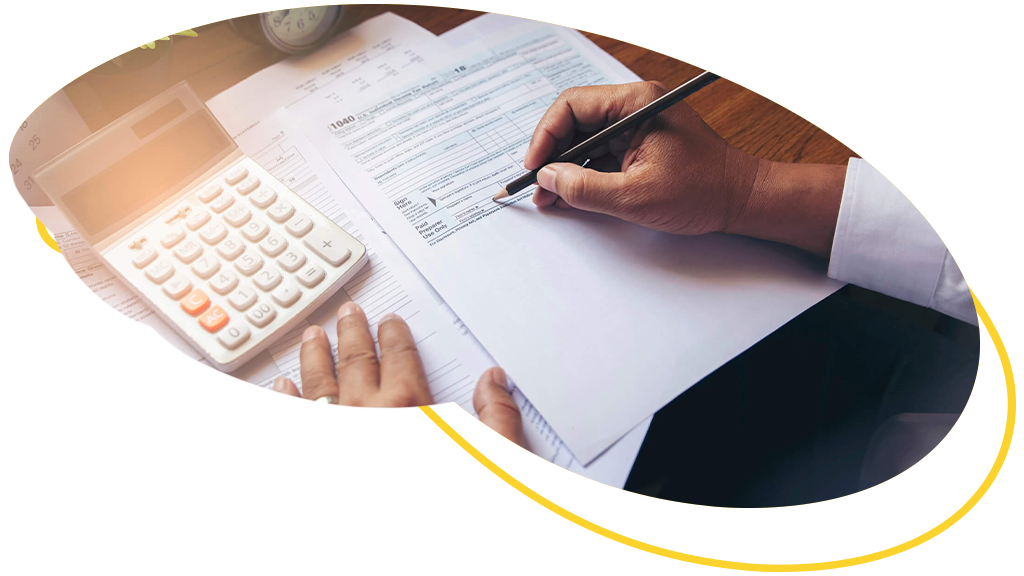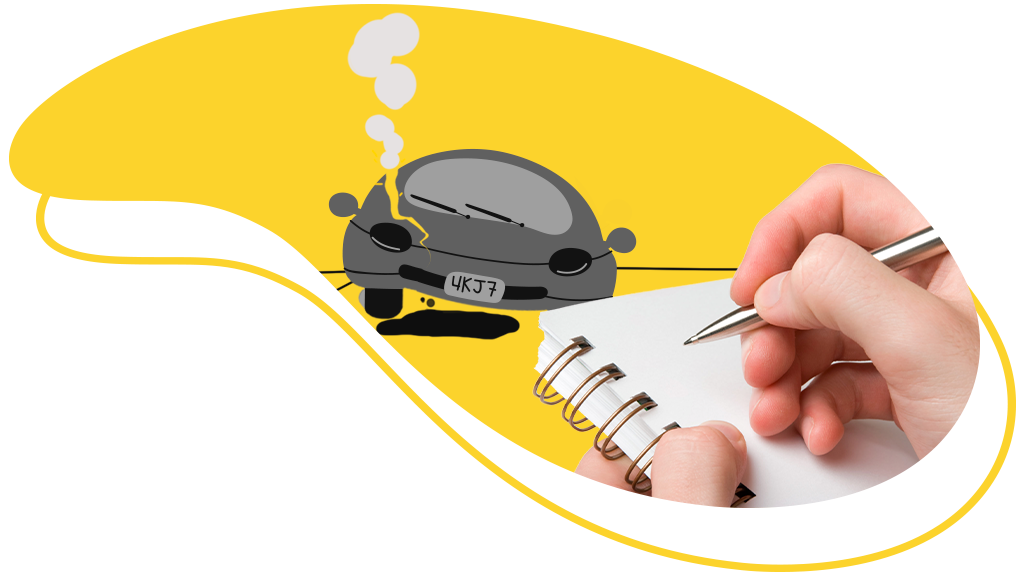Know our insurances
Get a quote!
x




You may have noticed by now that your credit score is like a business card here in the US. Established by the credit market, a credit score assesses a risk of default and is a reflection of your payment habits and your relationship with creditors.
A bad credit history will not only lead to higher interest rates and fewer loan options, it can also make it more difficult to find a home and purchase certain services. In some cases, it may even be a criterion against you in your job search.
Unfortunately, no matter how responsible you were in a former life, i.e. back home, you cannot transfer your credit history here. And though in Brazil, less debt means more credit in the market, in the United States, it takes debt to build credit.
So if you’re newly arrived, get ready to start from scratch– but don’t be discouraged. We are teaching 6 ways to build your credit today, in the shortest time possible.
Most scoring models take into account:
According to the American credit system, anyone starting their financial life starts with a low Credit Score. Whether you are a young person or a newly arrived immigrant, you will need to build your credit little by little.
And how do you build that credit score and make it strong enough to buy a house? Or get a loan to start your business?
Keep reading to find the steps you can take to build your credit:
Always pay your bills on time, especially utilities:
Prioritize settling these accounts before making any other financial commitments. Overdue accounts remain in your history even after they are settled and are considered at the time of the assessment made by the bank, so don’t take any chances!
Regardless of the limit you have, the secret is to close the month with less than 30% use of this credit. This is so that when the billing cycle comes to an end, creditor companies will be reported that the balance is low. A low credit utilization rate tells creditors that you haven’t maxed out your card and probably know how to manage your credit and finances well.
Your credit reports are regularly updated to reflect new data that credit bureaus have received. It is important to check if any incorrect information appears on your credit file. If you find something unusual, be sure to ask.
Until the end of 2022, you can get your reports for free every week from the three major credit bureaus, Experian, Equifax and TransUnion, using AnnualCreditReport.com.
Other errors, such as outdated information or an incorrectly reported late payment, can hurt your credit score. A regular review can be critical to maintaining what you’ve built or ensuring that you’ll be able to build in the future.
Canceling a credit card reduces the amount of available credit you have, which can increase your credit usage and lower your score. Even if you no longer want the card, if you are in the process of building your credit score, use it now and then and pay off immediately. This prevents the issuer from closing your account due to inactivity.
Diversify the credit you use. This means not having just a credit card, or only installment loans. See what your options are and look for different ways. Do a lot of research, be cautious, and you will find products that can benefit you and fit your lifestyle.
We hope this never happens, but mistakes can happen. If a creditor sends the wrong information to the credit bureaus and there is a debt in your name, be sure to pay as soon as possible and dispute later.
Of course, this only goes for bills you can afford to pay. However, in these cases, it ends up being easier to clear your name and seek reimbursement when you dispute.
Don’t let a low-value debt ruin your track record.
A credit score is the best way a lender can assess the person asking for a loan. It is a criterion that can show you if you are a responsible borrower, if you pay on time, if you always pay, if you manage to honor your commitments or are more likely to leave lenders high and dry.
Think about it. You would probably be hesitant to lend money to a friend who usually takes forever to repay – or never pays at all.
Lenders rely on credit scores as an indication that you will meet your obligations. A higher credit score, experts say, assures creditors that they will be repaid.
Your credit score is most often calculated with the FICO scoring model that uses the information in your credit reports, which are compiled by experts. Your reports include the history of your payment habits.
A credit score of over 700 will usually get you a lower interest rate, and while you may qualify for certain loans with a score lower than 680, the lowest rates are above 700 points.
Each lender has their own criteria and sets a standard of scoring to evaluate you, but normally the classification levels follow this pattern:
The lending industry raises the credit score scale in 20-point increments and adjusts the rates offered to you each time the score increases or decreases by approximately 20 points.
This means it’s no use building your credit to get a good loan rate and then relaxing when it comes to payments. The fee tracks your score as long as the debt is active.
Know our insurances
Get a quote!

A bad credit score can have more negative consequences than you might realize. Here are just 5 harmful side effects of having bad credit.

Insurance is probably one of the only purchases we make in the hopes of never using. However, at times it may be necessary, and it is at these times that we need to know exactly what is covered, what we have to do and how to guarantee the contracted coverage.


We are an insurance company made by people for people. A community that speaks tyour language, with people who care about your future! Here you can find all the protection and care that a home offers. Come and join us!
Get a Quote

Need help? Chat with BRZ!
x